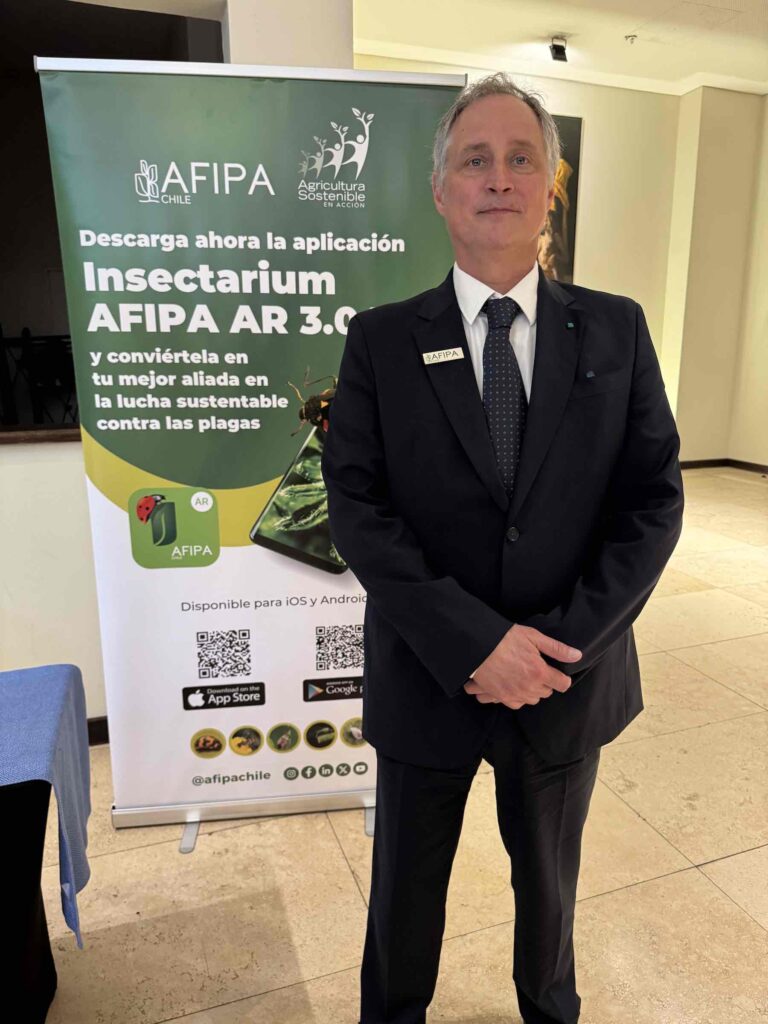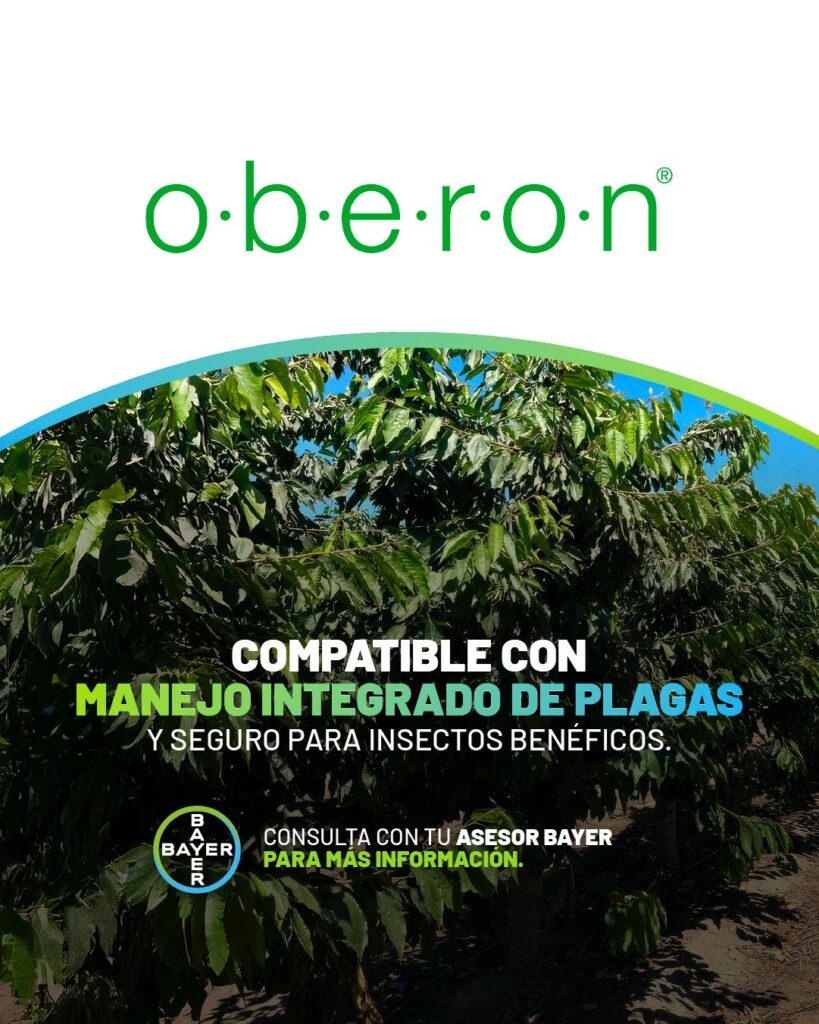It's official! Yesterday, March 26, the launch of AgroTech Chile took place, a trade association created with the aim of bringing together leaders in the sector and promoting the industry and its development, innovating in sustainable projects, new products and services and providing a unique space for participation to companies in the area.
In this way, various companies, leaders, authorities and experts arrived at the offices of the National Agricultural Service (SNA), where, of course, there was no shortage of representatives from the cherry industry.
Francisco Astaburuaga, director of Agrotech Chile, explained that “the mix of people that we expected came, representatives of the ministry and the main authorities, the main startups we work with, producers and student centers also came, which makes us very happy because there was a young presence of agronomists and engineers who are just starting to be in this world and who already have a gateway and a catapult towards faster growth.”
During the event, various topics were discussed, such as the implementation of technology, the importance of decentralization and the role of women in the agricultural world. In addition, one of the conversations that took place during the night was related to the climate crisis and how to confront it, something that has undoubtedly marked cherry producers in Chile, who after a difficult season due to the El Niño phenomenon, are now awaiting the arrival of La Niña.
“Today, the world of agriculture can have great solutions and great answers to the demands we have and the concerns we face every day, such as climate change, rainfall, the La Niña and El Niño phenomena, etc., and it seems to me that there are many answers here and I sincerely hope that this is the first of many meetings to learn about the experiences,” added Monserrat Candia, Seremi of Agriculture.
Thus, with the official launch of Agrotech, the different projects that are already being carried out and that they hope will continue to increase over time are being explored in more depth. “We want to continue with the events, give it a greater focus on the producer and of course, be able to bring technological solutions closer to the farmer on the ground, not necessarily in Santiago, but also in the regions and in the parts where agriculture is being generated,” concluded Francisco Astaburuaga.












